If you own a Chevy Cruze, you may be wondering what to do when it starts to jerk during acceleration. Fortunately, we have consulted experts in this field, and here is what they have to say.
When a Chevy Cruze begins to jerk during acceleration, this could be due to different problems including clogged fuel injectors, defective sensors, and a blocked catalytic converter. The following are things to do when a Chevy Cruze starts to jerk:
- Check the sensor.
- Check for vacuum leaks.
- Replace faulty fuel pump.
- Inspect and clean fuel injectors if dirty.
As reliable as your Chevy Cruze can be, experiencing a sudden jerk during acceleration is disturbing. Keep reading to get detailed information on how to deal with a Chevy Cruze that jerks during acceleration.
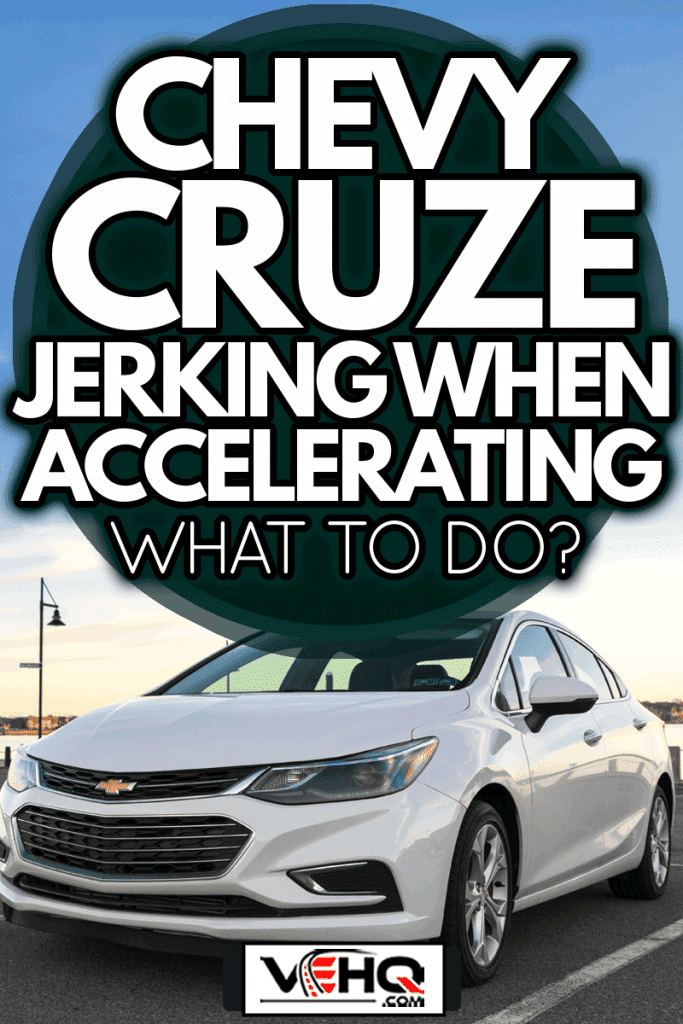
What To Do If Chevy Cruze Jerks When Accelerating?
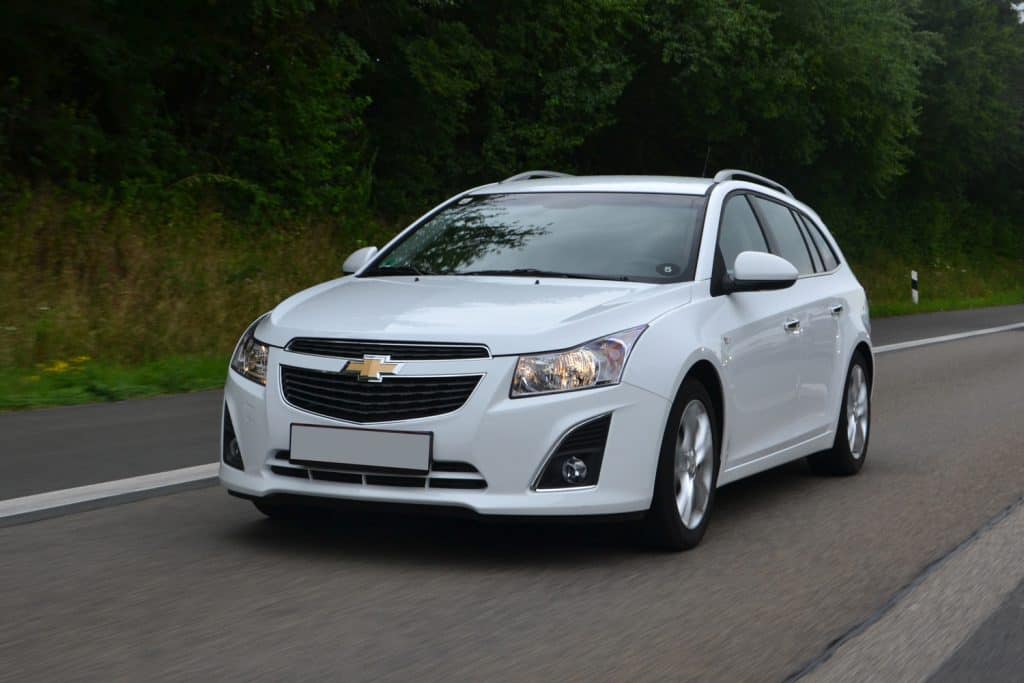
Many problems cause Chevy Cruze to jerk when accelerating and determining the cause of the problem can be challenging. While you can tackle the problem by yourself, you may need the help of a mechanic in some cases. Do these if your Chevy Cruze jerks when accelerating:
Check The Sensor
If you discover that the mass airflow sensor in your Chevy Cruze is faulty, this may be the cause of the jerk. It is recommended to replace the sensor. Also, the wire harness attached to the sensor should be checked to make sure they are properly connected.
Check For Vaccum Leak
The vacuum hoses and gasket on the car should also be checked to know if there are any signs of a vacuum leak. A vacuum leak can cause a Chevy Cruze to jerk. If there is any leak, the damaged part should be repaired. After the repair, restart the vehicle's engine to check if the problem has been resolved.
Replace Faulty Fuel Pump
It is important to remove the gas tank to check for a faulty fuel pump if you notice that your vehicle jerks when accelerating. Many newer automobiles come with electric pumps housed within the gas tank. If you have a bad fuel pump, you should consider a replacement.
Inspect And Clean Fuel Injectors If Dirty
If you have a dirty or clogged fuel injector, the fuel needed for acceleration may be blocked, causing the vehicle to jerk. Whenever you notice the engine of your vehicle stuttering, this means that the injectors are not releasing a sufficient amount of fuel.
This problem can be fixed by cleaning the injectors often with a fuel injector cleaning solution. For severe clog, a mechanic needs to remove, clean, and replace the injectors.
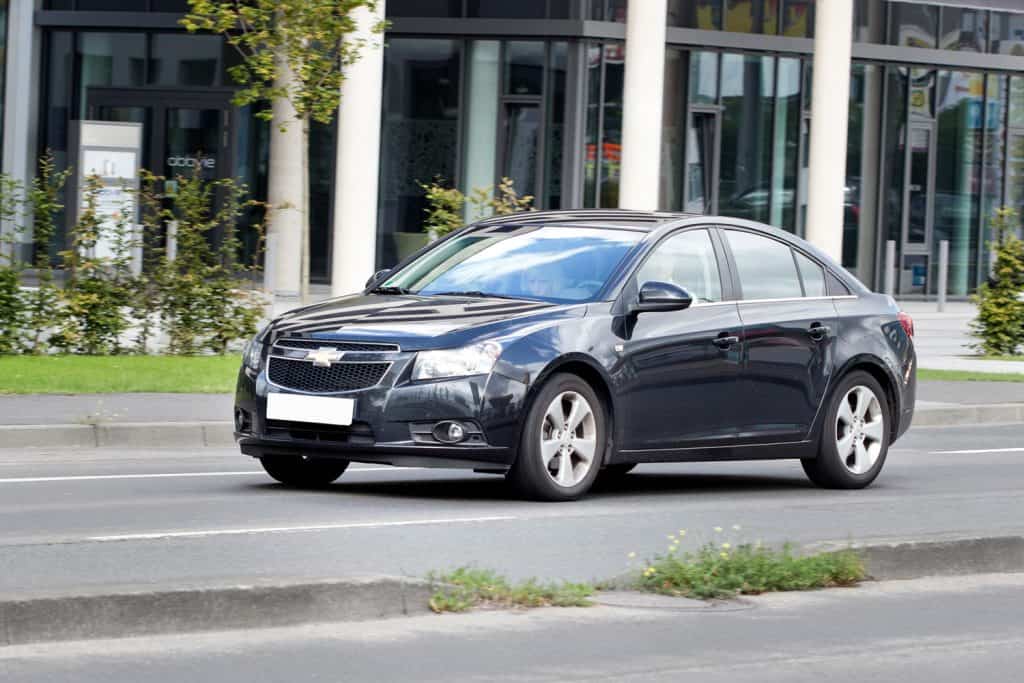
Why Does My Chevy Cruze Jerk When I Accelerate?
There are many moving parts within the internal combustion engine of a Chevy Cruze, and they all work together to offer a good driving experience. If a Chevy Cruze runs smoothly when idle, but jerks during acceleration, there could be something wrong with the combustion chamber.
This could mean that the engine isn't receiving enough fuel or air. The problem may also be a result of poor combustion of the mixture. Here are common reasons why your Chevy Cruze jerks when accelerating:
Blocked Catalytic Converter
The work of a vehicle's catalytic converter is to manage the decrease of exhaust particles. But if excess exhaust or air blocks the converter, it may get obstructed. This may hinder airflow all over the exhaust system, causing jerking and stuttering. If your catalytic converter starts developing a problem early, it could be a result of a very serious problem in your vehicle.
Faulty Carburetor
The carburetor controls the amount of fuel and air mixed before being directed to the engine. A bad carburetor does not work properly and may cause misfiring and jerking during acceleration. If your car is old and jerks during acceleration, the problem is most likely caused by a damaged carburetor.
Faulty Fuel Pump Or Filter
Most of the time, the cause of car jerking during acceleration is fuel supply issues. A faulty fuel pump or fuel filter may cause your Chevy Cruze to jerk during acceleration. A bad fuel pump will not pump the appropriate amount of fuel into the car's engine.
If a low amount of air is directed to a car engine, it may start to jerk. Therefore, inspecting the air filter and the fuel pump is essential while carrying out a diagnosis. If the air filter in your vehicle is dirty, it will be difficult for your vehicle to get the required amount of air needed for complete combustion.
Dirty Fuel Injectors
A dirty fuel injector can stop your automobile from receiving the fuel it needs to accelerate and this can cause your car to jerk during acceleration. If you hear stuttering coming from your vehicle's engine, it's possible that the injectors are not delivering the right amount of fuel.
Faulty Sensor
Chevy Cruze is likely to jerk during acceleration if its mass airflow sensor is faulty. The work of the mass airflow sensor is to measure the amount of air that the engine of a vehicle collects. The MAF data is employed in adjusting the injectors to direct a sufficient amount of fuel when needed depending on the air intake. This is to ensure the maintenance of the ideal air and fuel mixture.
Jerking can occur during acceleration if the mass airflow sensor goes bad. You may notice this problem a lot when driving at a constant speed.
Bad Spark Plugs
The spark plug helps in producing the spark that ignites the mixture of both air and fuel, thereby making an explosion that powers the engine. A faulty spark plug may cause the air-fuel combination to ignite too early or late. It may even cause the air-fuel combination not to ignite at all. When something like this occurs, the cylinder fails to fire properly, causing the vehicle to jerk.
Generally, changing spark plugs is routine service. Therefore, you shouldn't have bad spark plugs if your car is well maintained. When your spark plug is bad, you will start noticing signs like a motor misfire, knocking of the engine, or difficulty in starting. If you notice these signs, you should get your vehicle checked so the problem will not worsen.
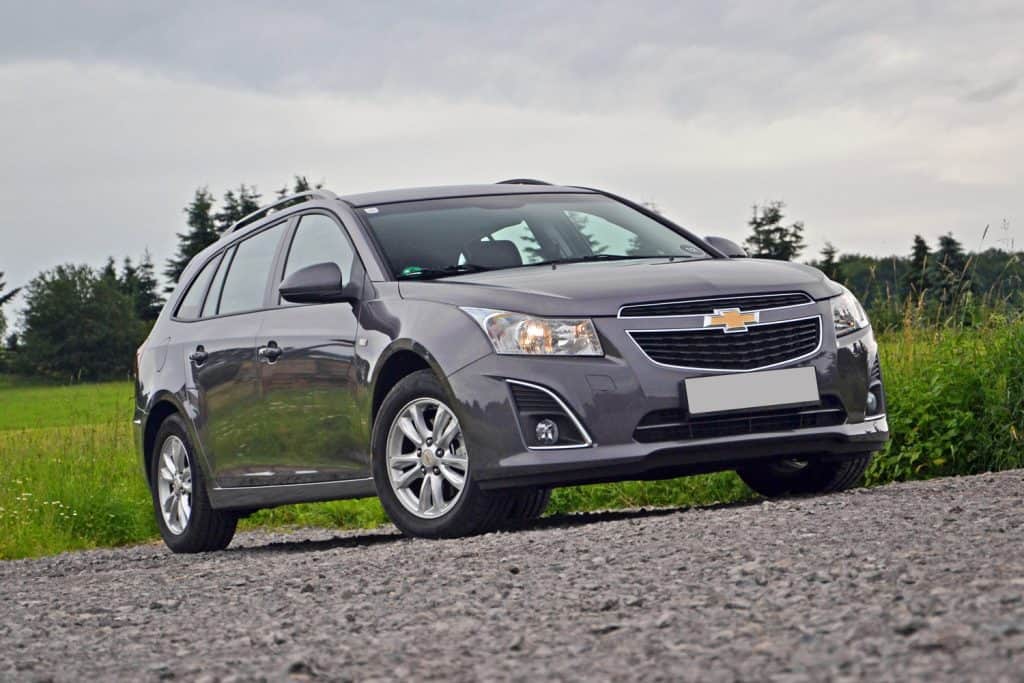
How Often Should I Change My Spark Plugs To Prevent Jerking?
Spark plugs should be changed after approximately 30,000 miles. This may differ depending on the kind of plug. There are long-life spark plugs and normal spark plugs, and both have their advantages and disadvantages. Typically, the tips of long-life plugs are made of iridium or platinum, which allows them to maintain their performance over a longer period of time.
Normal plugs should be replaced after approximately 30,000 to 50,000 miles, whereas long-life plugs should be replaced after approximately 60,000 to 150,000 miles. How often you should change a spark plug depends on the model of your car and the vehicle's overall performance. For instance, a high-performance car may require more frequent replacement than a standard-performance car.
Is It Safe To Drive A Jerking Car?
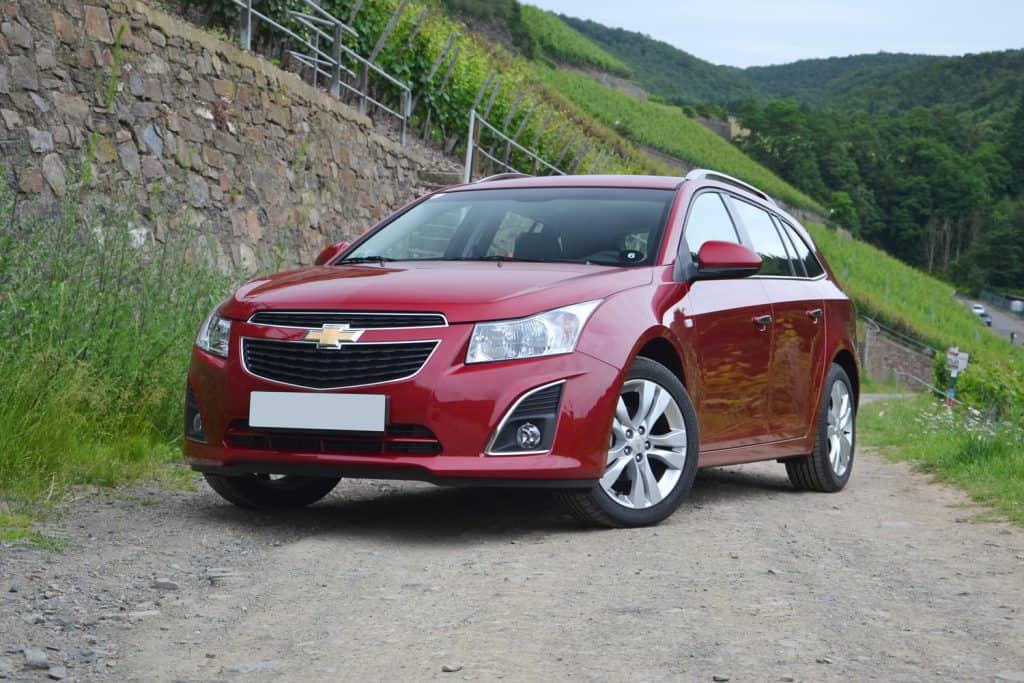
Driving a jerking car is not safe. Driving a vehicle that jerks when accelerating at high speed is risky. There is a high possibility of losing control of your vehicle. Also, your vehicle may lose speed unexpectedly, and if the drivers behind are not careful, they may hit you.
You might still be able to use the car with minor interruptions depending on the seriousness of the problem. But it is better to detect the problem so it can be fixed immediately. This problem puts you in danger since it affects your control of the vehicle.
When these problems start, you may notice that your check engine light comes on. If this happens, you should consider taking your vehicle to a mechanic so the problem will be fixed as soon as possible. Always stop your car if the check engine light starts flashing because this means that your car has a serious problem.
To Wrap Up
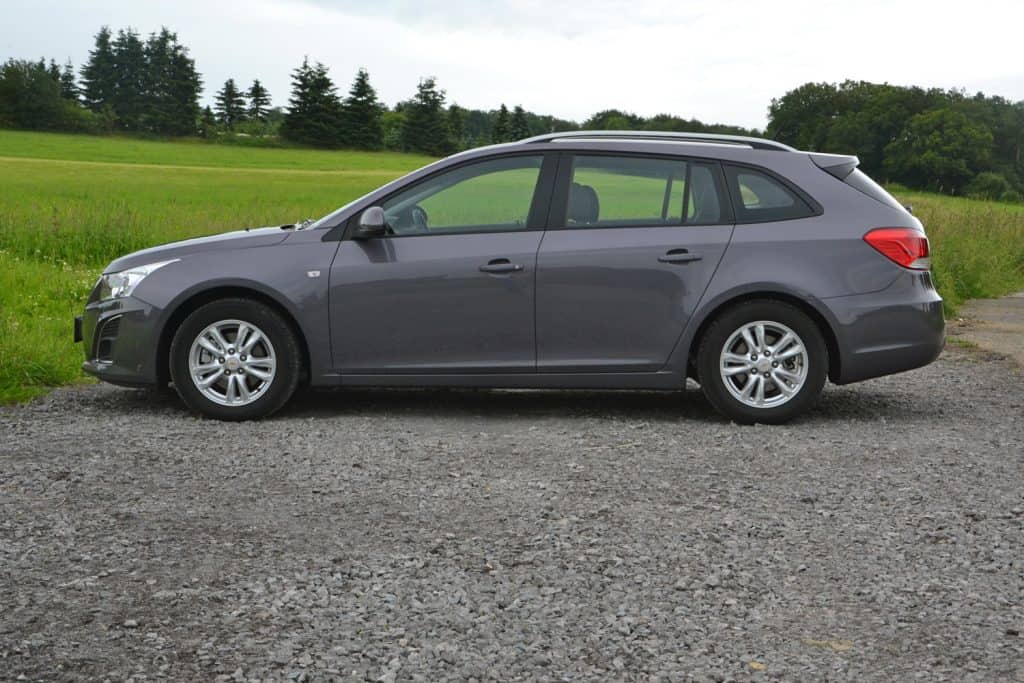
If your Chevy Cruze jerks during acceleration, you should check for faulty spark plugs, obstructed catalytic converter, sensors, dirty injectors, faulty carburetor, and bad fuel pump or filter. These problems are likely the cause of car jerking during acceleration. Make sure to tackle the problem immediately so it doesn't worsen.
If you enjoyed reading this post, here are similar articles you may like:
Car Jerks When Driving On Highway - What To Do?
